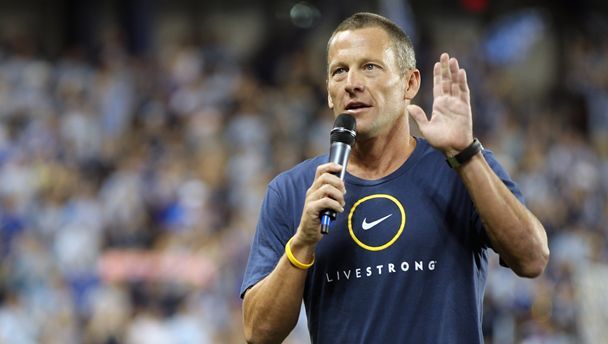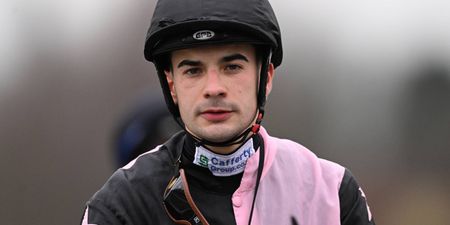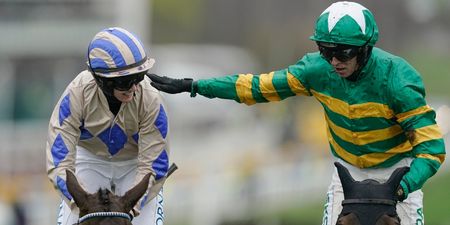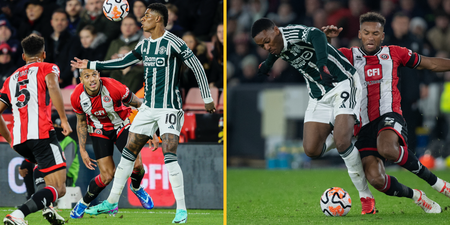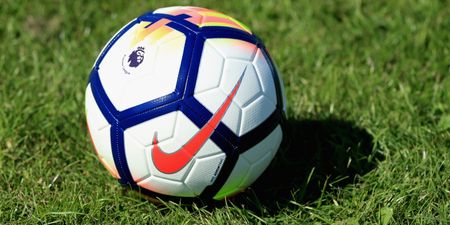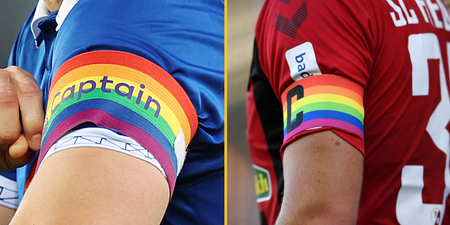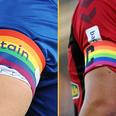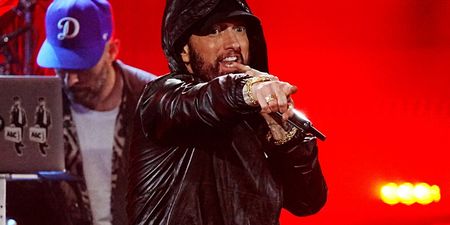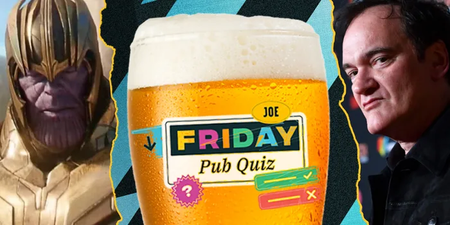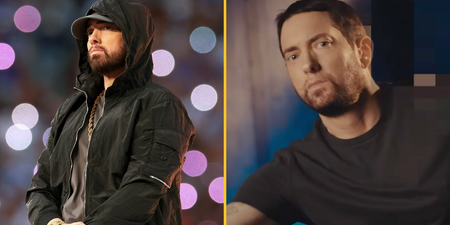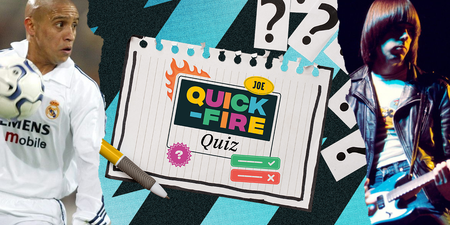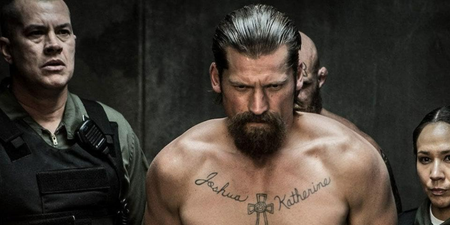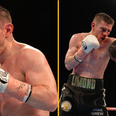Has the pursuit of excellence by illegal means ruined sport or are the epic match ups we see across all sports proof that it’s too late to change? Two JOEs go head-to-head.


Adrian Collins says… No, we have demanded that sports events become pure entertainment, and in the pursuit of that we have given athletes carte blanche, so long as they keep it secret.
With the latest “shock” discovery that all the fastest sprinters in the world are on performance enhancing drugs, the world of athletics has again been thrown into disrepute, but in order to produce a more exciting performance, to keep us from changing channel and to keep breaking world records, the athletes had little choice. In reality, the human body can only run 100m at a certain pace, no matter how good you are.
However, the truth is that of those who have been found out, the natural talent, dedication and ability of these athletes has still shone through, if you consider that the majority of their competitors are also taking something to give them a boost.
Perhaps we are also beyond the point of no return, with many different athletes across a variety of sports under suspicion with the nature of the incredibly long and gruelling seasons in football, cycling, tennis, baseball, basketball…the list goes on. If we were, somehow, able to find some magical way to stop everyone from taking these drugs, then the performance levels would drop alongside them.
It’s difficult to imagine that long, slogging tennis matches where two athletes pummel serves at each other for five hours don’t have the shadow of doubt cast over them. Athletes in contact sports put their bodies on the line every day in training, and even more so in a match with the impacts and hits they receive on the rugby or American football field, but always with that spectre that they could be taking something to help and speed their recovery along hanging in the background.
Right now, the suspicion is falling on Chris Froome in the Tour de France, but years before the infamous Lance Armstrong case, cyclists were using products that would give them a boost and claiming it was merely scientific advancement, and in all honesty, that’s what it is. It’s not as if these athletes don’t work as hard as they did back in the day, or that they don’t train as hard in the gym; if anything the opposite is true.
If it were to turn out that all these athletes were in fact using performance enhancing drugs, I for one would not see it as any less of an achievement. It would be naive in the extreme to think that only one person at the highest level would be given the opportunity to take a new miracle drug, and we would have to accept that most if not all the athletes were at the very least given the chance to do the same. As comedian Bill Burr put it when talking about the Lance Armstrong case, “our drugged up guy on a bike beat your drugged up guy on a bike”.
Are we any less emotionally involved when the league is won on the last day of the season as a result? Do we not still cheer a huge tackle, or a big hit during a match? Is the Tour any less exciting when there’s a sprint race to the finish line?
I would argue that it isn’t, and while for some this may indeed taint the legacy or the history of sport, perhaps we should also think that many athletes have been caught as the technology to detect these products catches up to the rate at which they can be hidden. Maybe, indeed, they are to thank for some of our favourite sporting memories already.

Sean Nolan says… Yes. Whether it is actual cheats being caught or the cloud of suspicion it casts on others, the spectre of drugs has certainly diminished some formerly great events.
Anyone with any knowledge of the history of the Tour de France knows that cheating, of one form or another, has been with the great race since the beginning. But we’ve moved a long way from lads taking lifts in cars and on trains. Thanks to Lance Armstrong and his ilk, the sport will never be watched again by many, and viewed sceptically by those of us who still love the spectacle.
Despite the huge strides taken by the powers that be to do more tests and introduce blood passports, the performances of leader Chris Froome in this year’s race have thrown up the inevitable question ‘Is he doing it clean?’.
Paul Kimmage, a man who probably knows more than anyone about cycling and the doping in the sport, has sounded like a torn man all Tour. He wants, like all fans, to believe that the Kenyan-born rider is one of the greatest men to ever push a pedal and that he can romp up Mount Ventoux, and blitz time trials, all thanks to natural gifts, hard graft and a good diet.
But he can’t shake the doubt, so that even if Froome continues to return clean tests for the remainder of his career, and even after the improved technology retests his samples every decade or so and they are still clean, we never enjoyed his phenomenal showing at the time as we were too busy thinking about drugs.
Because that is the joy of sport. The unscripted nature of it makes it the most thrilling thing on earth at the highest level and if you are not 100 per cent engaged in the moment, in shouting, screaming and crying your eyes out, in joy or misery, then it’s just not the same.
Even if that seed of doubt is but one or two per cent, it’s enough to, if you’ll pardon the analogy, dull the hit the sports junkie needs.
The Tour is an easy example but there are others, many others. The fantastic five-set marathons we now regularly see in tennis now make you pause, as do the freakish giants we occasionally see on rugby pitches, as do the boxers who hit top form in their 30s, as do the NFL players who return from serious injuries in weeks not months as do soccer players who play 60+ games a season and still don’t look knackered, as do men who run 100m under 10 seconds.
I’m sure the majority, and maybe all, of those cited above are cleaner than a TD’s driving licence. And some sports, like the GAA, remain untainted, at least to my mind. But that seed of doubt is there now when watching many of the sports mentioned above, and many more I didn’t mention.
I enjoy them all still, I even scream and shout and cry and do all the other things still now and again when I forget myself and throw myself into it like an innocent kid. But the whisper of ‘Is he/she clean?’ is never far away, and that ruins it. And the real killer is that innocence can never be gotten back either.
